Sport
Benin opens a digital path to nationality for Afro-descendants, transforming a fractured legacy into legal recognition and the possibility of reconnecting with their roots.
Centuries after colonial enslavement led to millions of Africans being scattered across the Americas and Europe, their descendants remain citizens of nations that hold no physical or moral heritage that can be traced to their roots.
It's a disconnect so profound that it has created what some experts call "cultural statelessness".
On July 4, Benin took a historic step towards bridging this generational chasm, launching a digital platform that offers Afro-descendants a path to Beninese citizenship.
"My Afro Origins" processes applications for nationality recognition, transforming what has long been an existential question – "Where do I come from? – into a legal reality.

The platform, backed by legislation passed in September 2024, represents a concrete answer to identity issues that have haunted families for generations.
"Many of us dream of the return of Afro-descendants to African soil, and I am delighted to see that the current government has put in place the mechanisms to make this dream a reality," Emmanuel Sedegan, a Beninese teacher and researcher who has lived in the US and worked closely with African Americans, tells TRT Afrika.
"I congratulate the government for setting up this digital platform with all the facilities it provides for connecting branches to roots."
Call to origins
Sedegan has championed this cause for years.
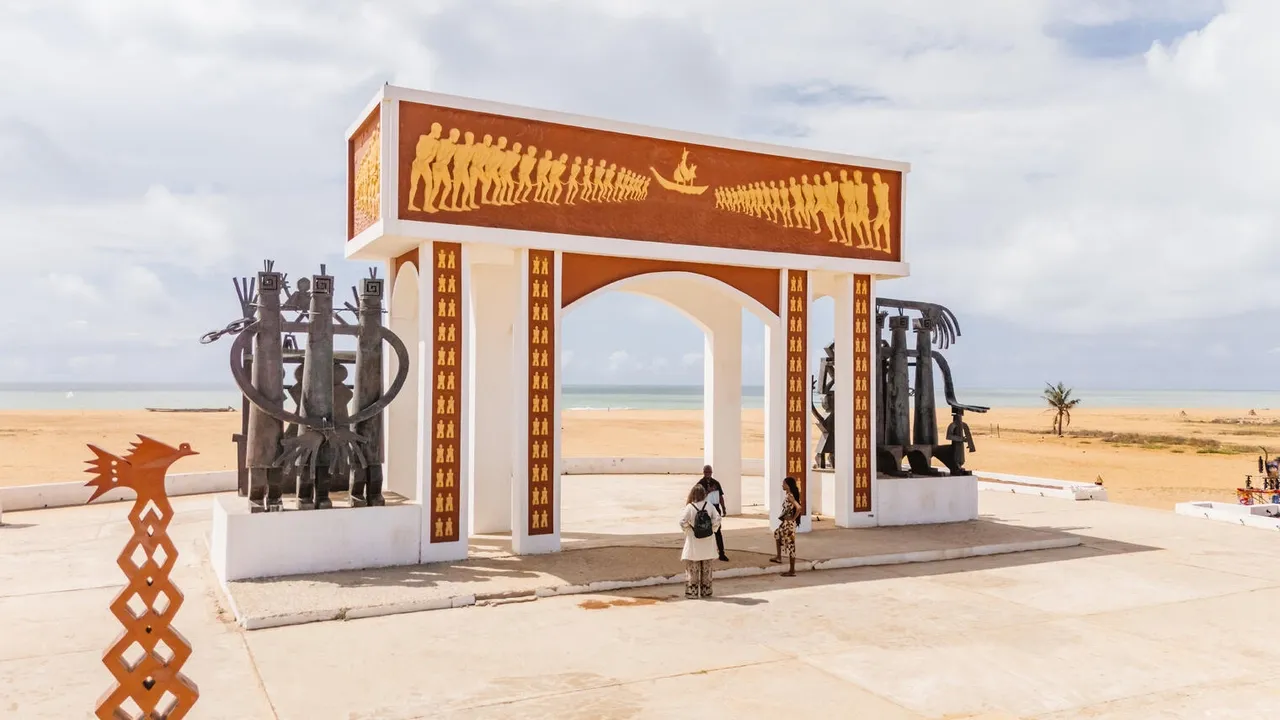
In 1998, he shared his project, aptly titled "Reconnecting branches to roots", with the Beninese government as part of an initiative with the same objective as My Afro Origins.
The teacher-researcher's work stems from witnessing what the American-born Pan-Africanist historian, philosopher and activist William Edward Burghardt Du Bois termed "double consciousness", reflecting "the identity crisis and sense of alienation felt by African Americans caught between two continents and two histories".
The platform welcomes all people of African descent, whether from Central or South America, or Europe.
After paying a $100 fee, users can access the questionnaire that promises to unravel answers the applicants have been seeking all their lives. The Beninese authorities specify that personal data is protected.
The platform offers a choice of languages – English, French, Spanish, and Portuguese – that, as noted in the announcement, "curiously recall the identity of the peoples who most practised slave trade and slavery".
Right to return
Benin's minister of justice and legislation, Yvon Detchenou, believes that by opening the path to Beninese nationality for Afro-descendants, the authorities are honouring the principle of the right of return guaranteed by the West African nation's Constitution.
This contemporary initiative echoes historical movements.
At the end of the 19th century, Pan-Africanist figures like Marcus Garvey campaigned for Afro-descendants to have the opportunity to return to their roots, if they so desired.

He argued that it was about time to institutionalise the "right to repatriation" of formerly enslaved Africans who wanted to return to Africa or establish their genealogical connections with the continent.
Since the early part of this millennium, advances in genetic genealogy have allowed celebrities and thousands of anonymous individuals to trace their family trees.
The late singer-songwriter and showbiz icon Michael Jackson reportedly traced his roots to the Ivory Coast, while Hollywood actor Samuel L. Jackson's ancestry was found in Gabon.
Beyond addressing identity questions, researchers like Sedegan see potential economic benefits for nations that welcome Afro-descendants seeking to return to their ancestral roots.
Besides tourism and the local economy, he feels there is also potential for direct investment in Africa by affluent, industrious Afro-descendants.
For a population whose history has often resembled "a tangled web so difficult to untangle", as many describe it, My Afro Origins offers something both practical and far-reaching: a digital bridge home.
Comments
No comments Yet








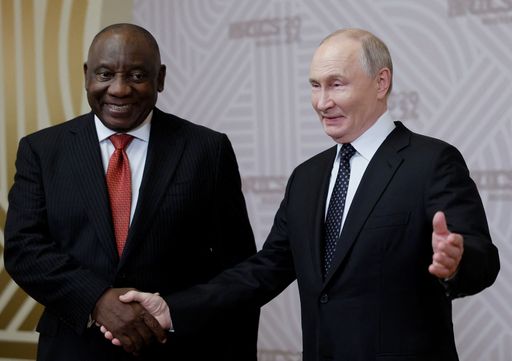
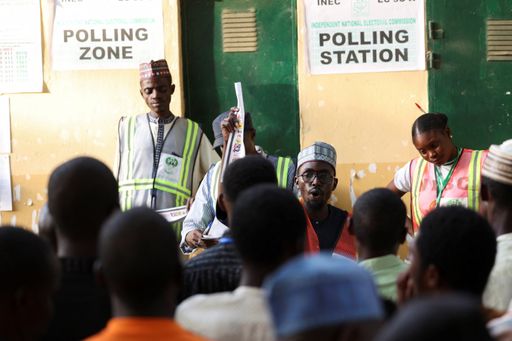
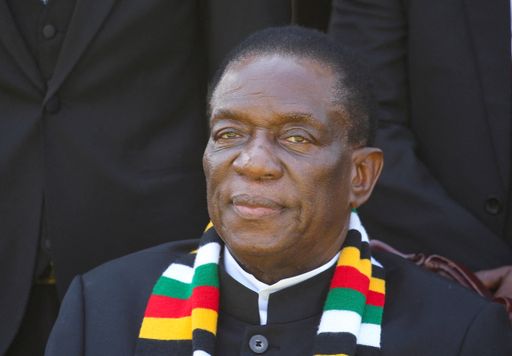
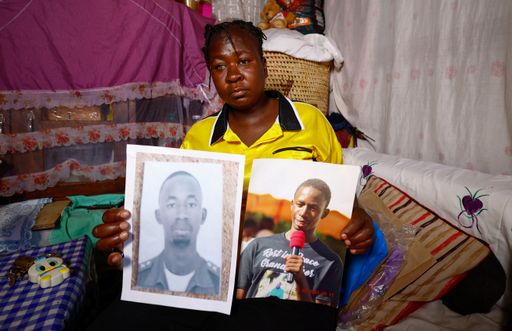








Comment